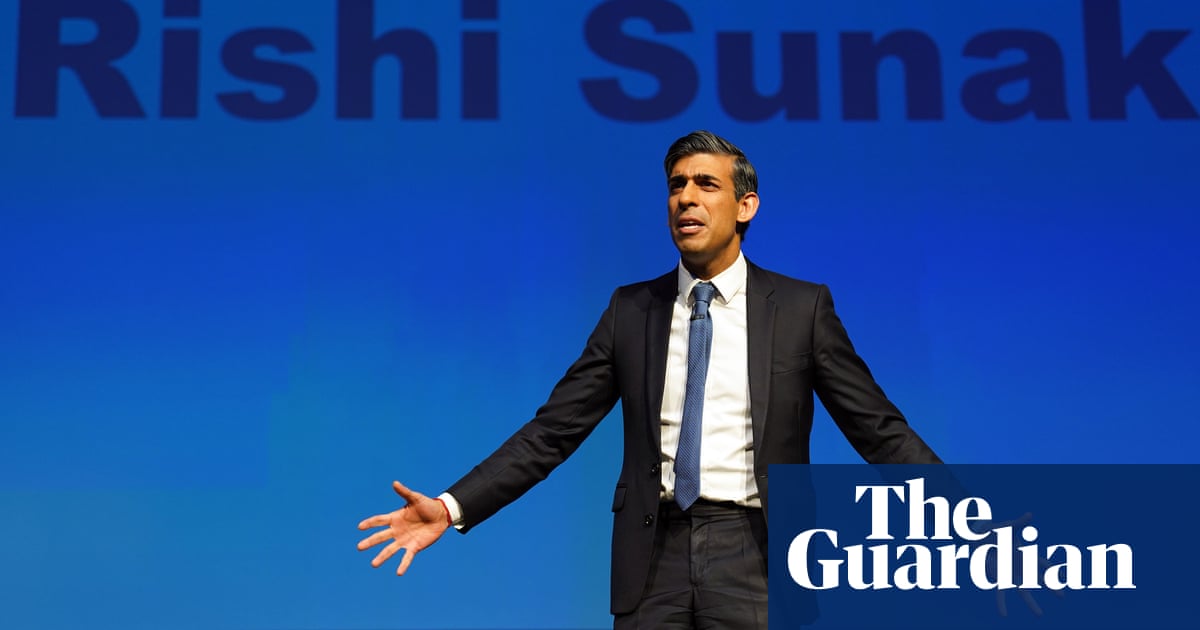
Opposition parties have expressed concern that hardline anti-BBC Conservatives could use the fallout from the discredited interview with Diana, Princess of Wales to try to “destroy” the corporation for political motives.
The warning came as Priti Patel, the home secretary, gave the clearest indication yet that ministers are considering sweeping changes to how the BBC is run, calling next year’s review of the BBC charter “a very, very significant moment” for its governance structures.
One option could involve imposing an outside editorial board on the BBC, following the damning report released last week into its handling of the 1995 interview by Martin Bashir, and the broadcaster’s subsequent attempts to cover up what happened.
Labour has so far limited its public comments to calling for robust processes to make sure this could not happen again, although it is understood the party may seek an urgent Commons question on the subject on Monday.
But with Patel not ruling out the idea of imposing a board, some opposition MPs and shadow ministers have become increasingly alarmed.
“I’ve definitely noticed a change in the language over the government response,” one shadow minister told the Guardian. “It’s no longer so measured, it’s like they’re feeling the influence of the anti-BBC headbangers.
“For some of the 2017 and 2019 intake, all this stuff about a ‘woke bias’ in the BBC is an article of faith. It’s a bit like how some Tories talked about the EU 10 or 15 years ago. It’s like they’ve sensed an opportunity.”
A Labour backbencher with an interest in media policy said there was a “Taliban faction among the Tories who want to use this as an opportunity to destroy the BBC”.
The MP said: “I do fear there is an appetite among some people in government to use this to effectively emasculate the BBC, to weaken it so much that it’s long-term future is seriously jeopardised.
“More sensible Conservatives seem to believe that they’ve already won the battle by putting in a moderate, Tory-leaning BBC leadership in place, people like Tim Davie, and Richard Sharp, the new chair. We need to allow them to do their work.
“But some of the newer MPs have seemingly swallowed this idea that if it wasn’t for the BBC’s remoaner conspiracy, the leave vote would have been 90%. There are legitimate questions to be asked about the BBC’s actions. But it is not legitimate to use this to attempt to destroy the BBC for political reasons.”
Ed Davey, the Lib Dem leader, said that while it was correct for the BBC to apologise, “this must not be used as a reason for the government to try and further undermine the BBC’s status as a strong, impartial public sector broadcaster”.
Any revamped editorial board “must be free from government interference”, he added.
Patel’s comments, made during a round of TV interviews on Sunday, mark an apparent hardening of attitudes since the publication of a report by the former supreme court judge John Dyson, which found that Bashir used “deceitful behaviour” to secure the interview with Diana.
Speaking to Sky News, Patel characterised the already scheduled mid-point review into the BBC’s charter, due to begin early next year, as likely to involve significant changes to its structures.
“Next year is an opportunity when it comes to the mid-term review of the BBC charter for government and the BBC to absolutely look at new ways of governance of the institution, the organisation,” she said. “My colleagues in government will absolutely make sure that that is used as the right opportunity not just for reflection but to enhance governance and accountability of the BBC.
“There will be a very, very significant moment now, there’s no question about this, where lessons have to be learned.”
Separately, the former head of news for Channel 4, Dorothy Byrne, said others interviewed by Bashir had also complained about his methods, and that the BBC and ITV, where he subsequently worked, should examine these stories, too.
A government source rejected the idea that the fallout from the Dyson report would be used as an excuse to make rash changes. “We’re not doing anything knee-jerk,” the source said. “The mid-charter review was always going to be a chance to look at governance structures, among other thing, and this process hasn’t changed.”












